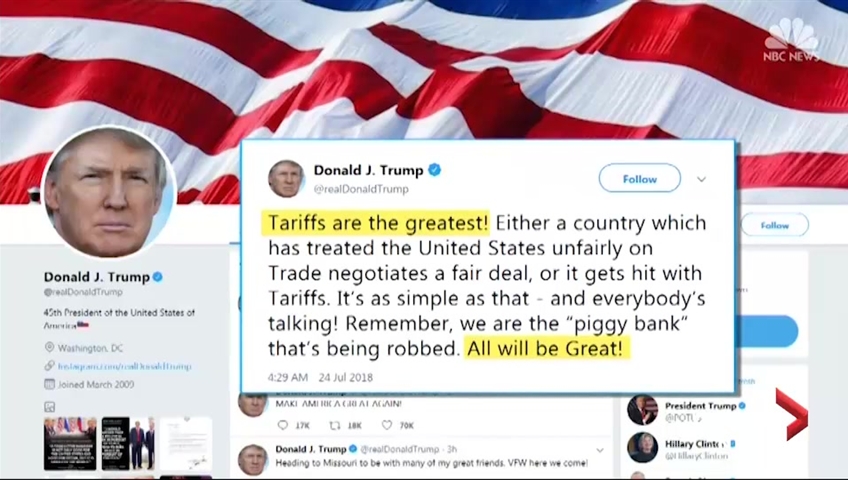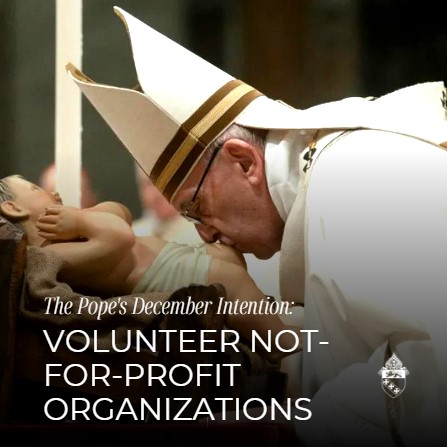Russia's Failed Peace Overture: Analyzing Putin's Diplomatic Defeat

Table of Contents
Unrealistic Demands and a Lack of Good Faith
Putin's initial pronouncements regarding a "peace" resolution were fundamentally flawed, characterized by unrealistic demands and a demonstrable lack of good faith negotiation. This approach alienated potential allies and solidified international opposition.
Excessive Territorial Claims
Putin's initial demands, including the recognition of annexed territories like Crimea and areas in eastern Ukraine, were viewed as unacceptable by the international community. These claims disregarded Ukraine's sovereignty and territorial integrity, undermining any potential for genuine negotiation.
- Demands for demilitarization and "denazification": These were widely perceived as pretexts for regime change in Ukraine, further fueling international condemnation.
- Refusal to acknowledge Ukrainian sovereignty and territorial integrity: This fundamental disregard for international law was a major stumbling block in any peace process.
- Unwillingness to compromise on key issues: Russia's inflexible stance prevented meaningful dialogue and cemented its isolation on the world stage.
Failure to Engage in Meaningful Negotiation
Russia's actions throughout the conflict, including continued military aggression even during periods of purported negotiation, demonstrated a lack of genuine commitment to peaceful resolution. This pattern of behavior undermined any credibility Russia might have possessed.
- Escalation of violence during purported negotiation periods: This demonstrated a cynical disregard for diplomatic processes and further hardened international resolve.
- Lack of transparency and willingness to engage in open dialogue: Russia's opaque communication strategy hindered any productive discussions.
- Disregard for international mediation efforts: The rejection of offers from various international bodies to mediate the conflict showcased a lack of seriousness in pursuing peace.
The West's Unified Response and Sanctions
The international community's response to Russia's aggression was swift and unified, significantly contributing to the failure of Putin's peace overture. This response involved unprecedented sanctions and a strong show of support for Ukraine.
International Condemnation and Isolation
Russia's actions led to widespread international condemnation, resulting in unprecedented sanctions and diplomatic isolation. This unified response severely hampered Russia's ability to operate on the global stage.
- Swift and coordinated sanctions imposed by Western nations: These sanctions targeted key sectors of the Russian economy, crippling its financial system and further isolating the country.
- Expulsion from international organizations and forums: This further marginalized Russia, limiting its access to international cooperation and dialogue.
- Widespread condemnation from international bodies like the UN: The near-universal condemnation from international organizations highlighted the illegitimacy of Russia's actions.
Military and Economic Aid to Ukraine
The substantial military and economic aid provided to Ukraine by Western nations directly countered Russia's strategic objectives and bolstered Ukrainian resistance, prolonging the conflict and undermining any potential for a quick Russian victory.
- Supply of advanced weaponry and military equipment: This has allowed Ukraine to defend itself effectively and push back against Russian forces.
- Financial assistance and humanitarian aid: This support has helped Ukraine maintain its economic stability and provide for its citizens amidst the ongoing conflict.
- Strengthened NATO unity and increased military presence in Eastern Europe: This demonstrated a united front against Russian aggression and deterred further expansionist actions.
Internal and External Factors Contributing to Failure
The failure of Putin's peace overture can also be attributed to several internal and external factors that contributed to a miscalculation of the situation's complexity.
Miscalculation of Ukrainian Resistance
Putin's initial assumption of a swift victory in Ukraine proved drastically wrong. The unexpected resilience of the Ukrainian people and the effectiveness of Western support significantly prolonged the conflict and frustrated Russia's plans.
- Underestimation of Ukrainian military capabilities and national unity: This misjudgment proved to be a critical strategic error.
- Failure to account for the strength of international support for Ukraine: The unified Western response caught Russia off guard.
Internal Russian Challenges
Russia's own internal challenges, including the impact of economic sanctions and growing domestic dissent, also hampered its diplomatic efforts and weakened its position in negotiations.
- Economic impact of sanctions affecting Russian capabilities: Sanctions severely constrained Russia's ability to sustain a prolonged war and weakened its negotiating position.
- Increasing domestic opposition to the war and its consequences: Growing dissent within Russia itself put pressure on the Kremlin and hindered its ability to pursue a coherent foreign policy.
Conclusion
Putin's "peace overture" regarding Ukraine has been a resounding diplomatic failure, stemming from unrealistic demands, a lack of good faith negotiations, a unified Western response, and miscalculations regarding Ukrainian resistance and internal challenges within Russia. The consequences of this failure are far-reaching, significantly impacting the ongoing conflict, the global geopolitical order, and Russia's international standing. Understanding the reasons behind this failed peace overture is crucial for assessing the future trajectory of the conflict and formulating effective strategies for de-escalation. Further analysis of Russia's diplomatic failures is vital to prevent future conflicts and promote genuine peace negotiations. To gain a deeper understanding of this complex situation, further research into Russia's foreign policy and the dynamics of the Ukraine conflict is strongly recommended.

Featured Posts
-
 Horrifying 9 11 Moment Man Discovers Hes Ablaze Netflix Documentary
May 18, 2025
Horrifying 9 11 Moment Man Discovers Hes Ablaze Netflix Documentary
May 18, 2025 -
 Majority Of Dutch Oppose Eus Response To Trump Import Tariffs
May 18, 2025
Majority Of Dutch Oppose Eus Response To Trump Import Tariffs
May 18, 2025 -
 Fortnites Absence On I Os Reasons Behind The Unavailability
May 18, 2025
Fortnites Absence On I Os Reasons Behind The Unavailability
May 18, 2025 -
 Florida Space Coast Edc Receives Major Funding Boost 800 K Grant
May 18, 2025
Florida Space Coast Edc Receives Major Funding Boost 800 K Grant
May 18, 2025 -
 Mikey Madisons Snl Cold Open A Signal Group Chat Parody
May 18, 2025
Mikey Madisons Snl Cold Open A Signal Group Chat Parody
May 18, 2025
Latest Posts
-
 Snl Spoofs Signal Leak With Mikey Madison Texting Government Officials
May 18, 2025
Snl Spoofs Signal Leak With Mikey Madison Texting Government Officials
May 18, 2025 -
 Mikey Madisons Snl Cold Open A Signal Group Chat Parody
May 18, 2025
Mikey Madisons Snl Cold Open A Signal Group Chat Parody
May 18, 2025 -
 Mikey Madison Texts Government Officials In Snls Signal Chat Spoof Cold Open
May 18, 2025
Mikey Madison Texts Government Officials In Snls Signal Chat Spoof Cold Open
May 18, 2025 -
 Snl Parodies Signal Leak With Mikey Madison Texting Government Officials
May 18, 2025
Snl Parodies Signal Leak With Mikey Madison Texting Government Officials
May 18, 2025 -
 West Palm Beach Students On The New Pope Intentions And Expectations For The Catholic Church
May 18, 2025
West Palm Beach Students On The New Pope Intentions And Expectations For The Catholic Church
May 18, 2025
